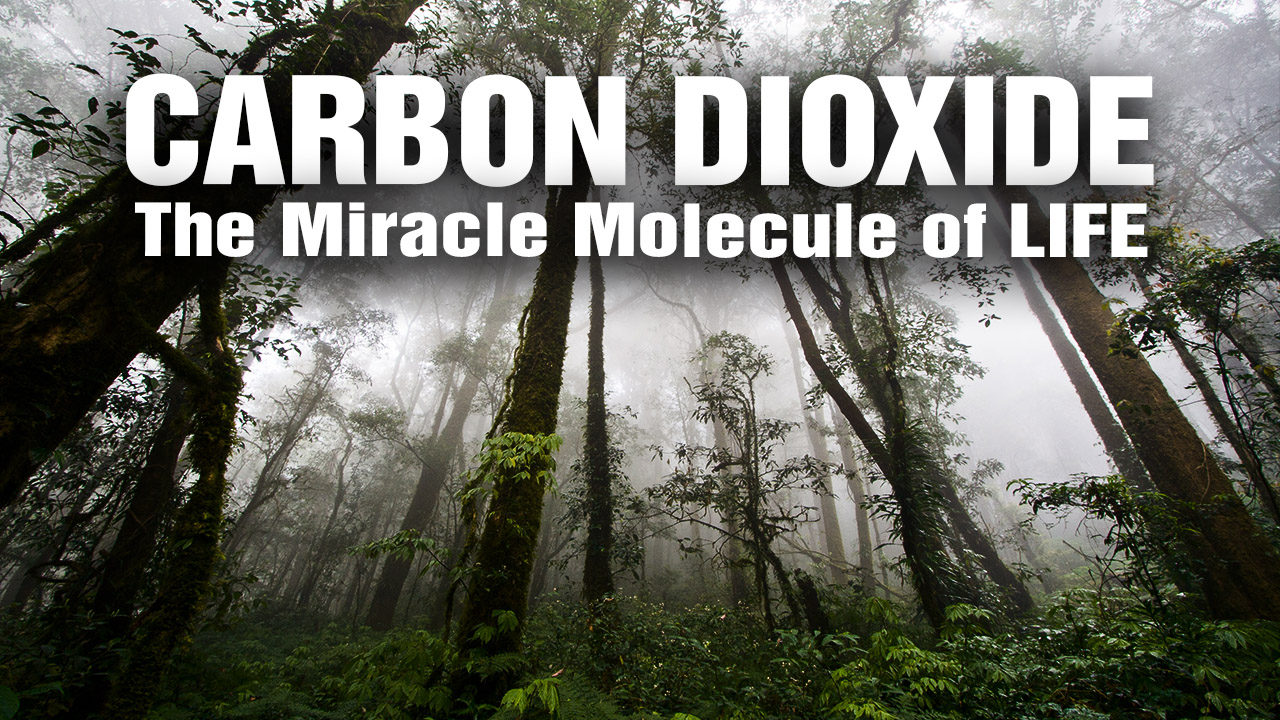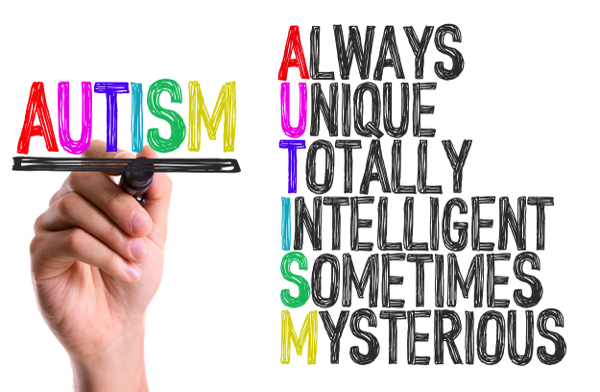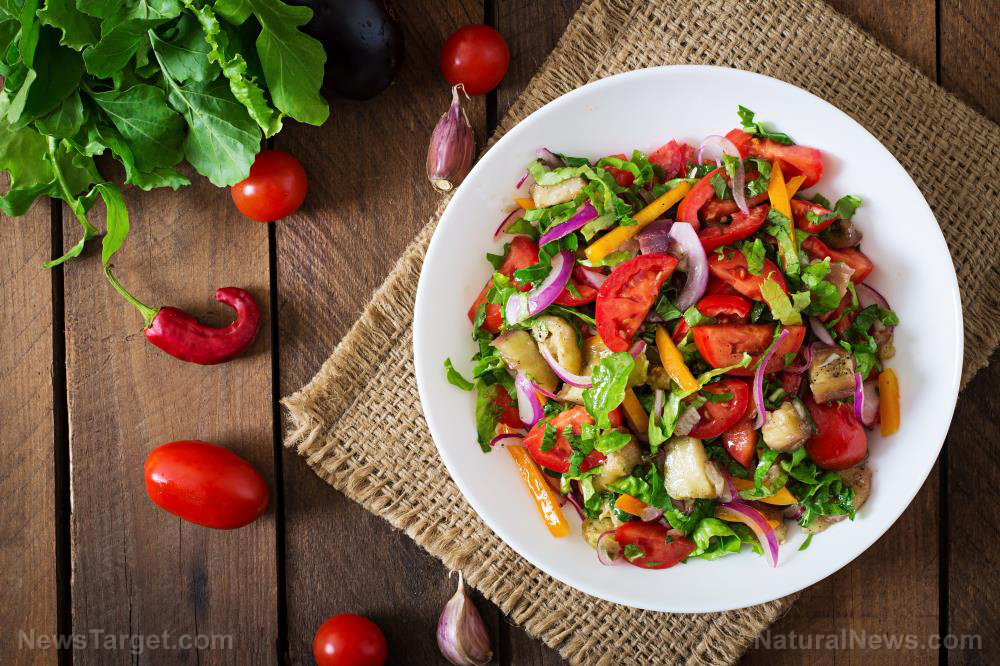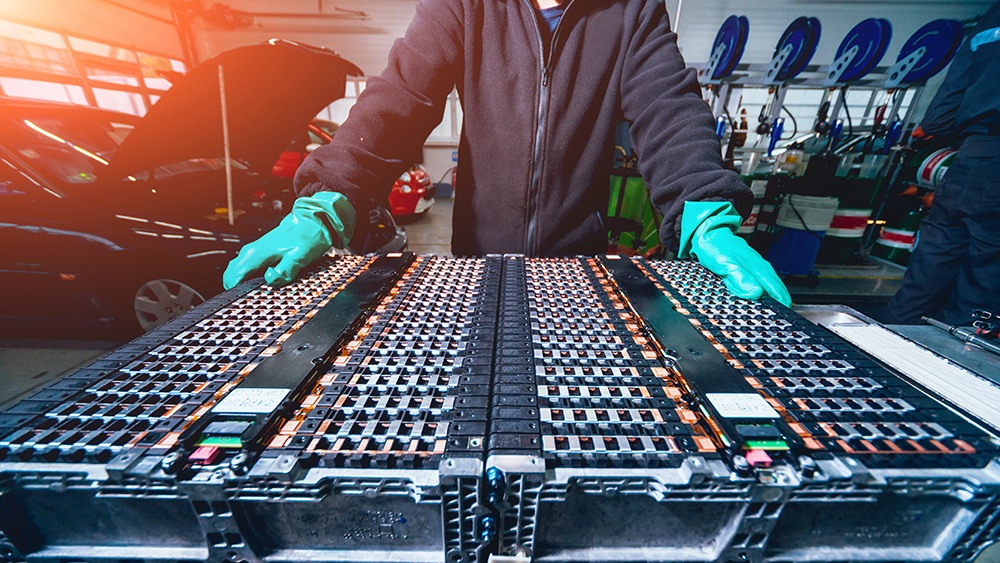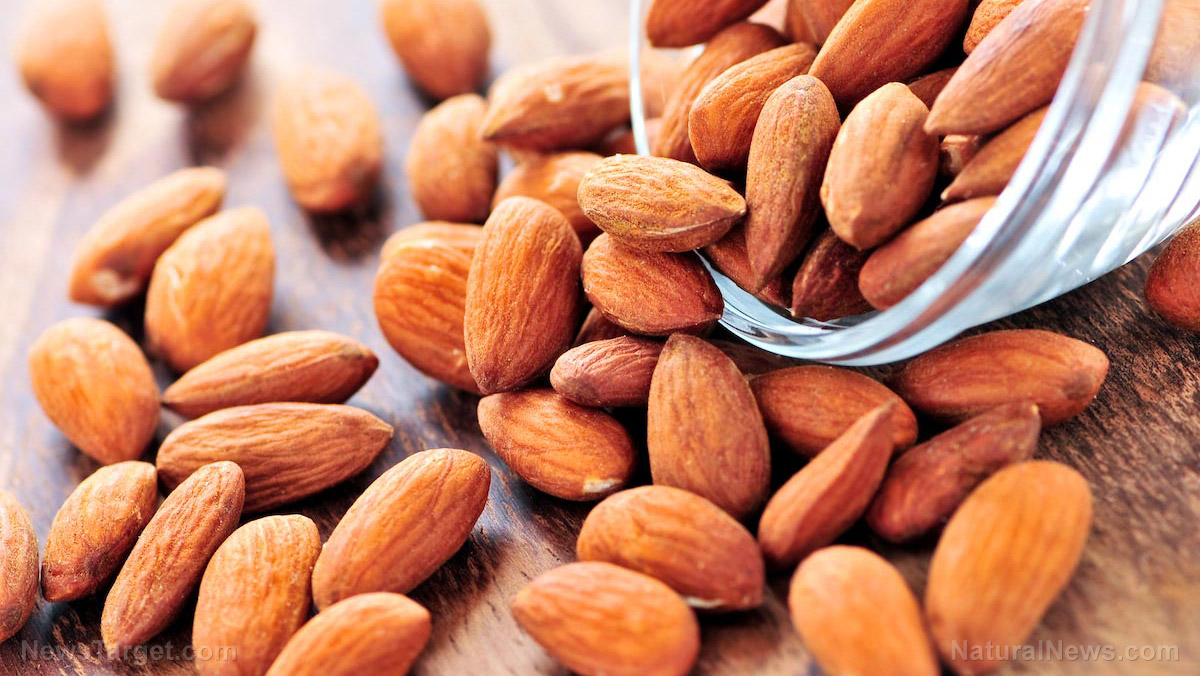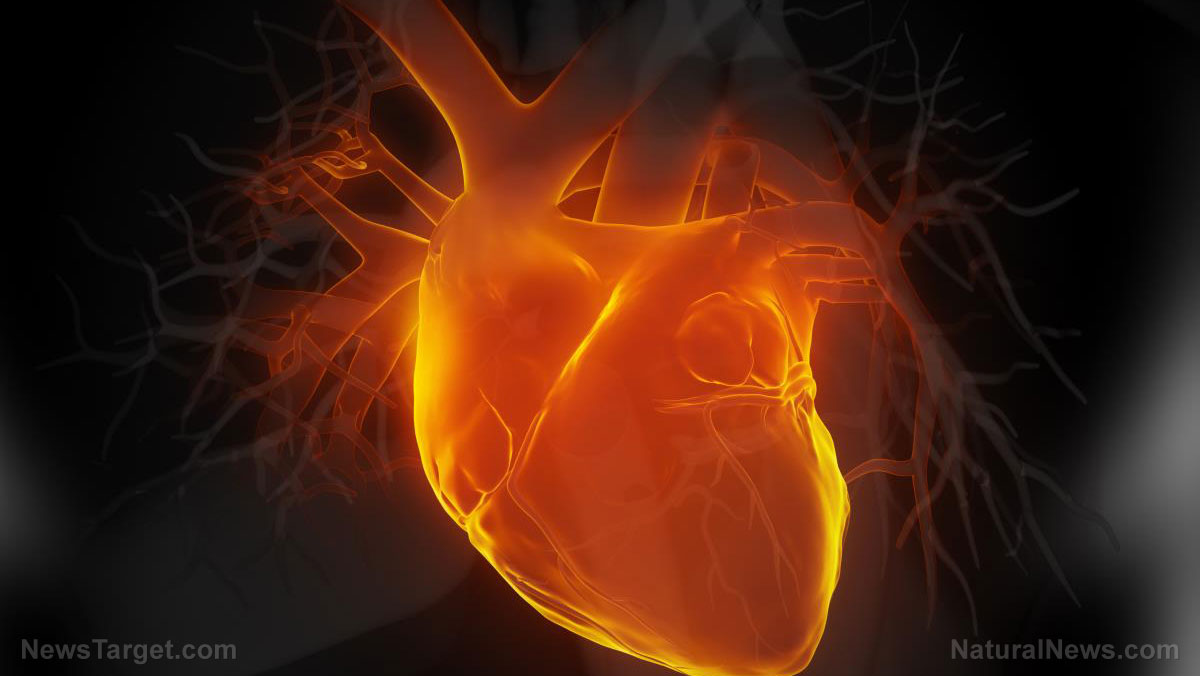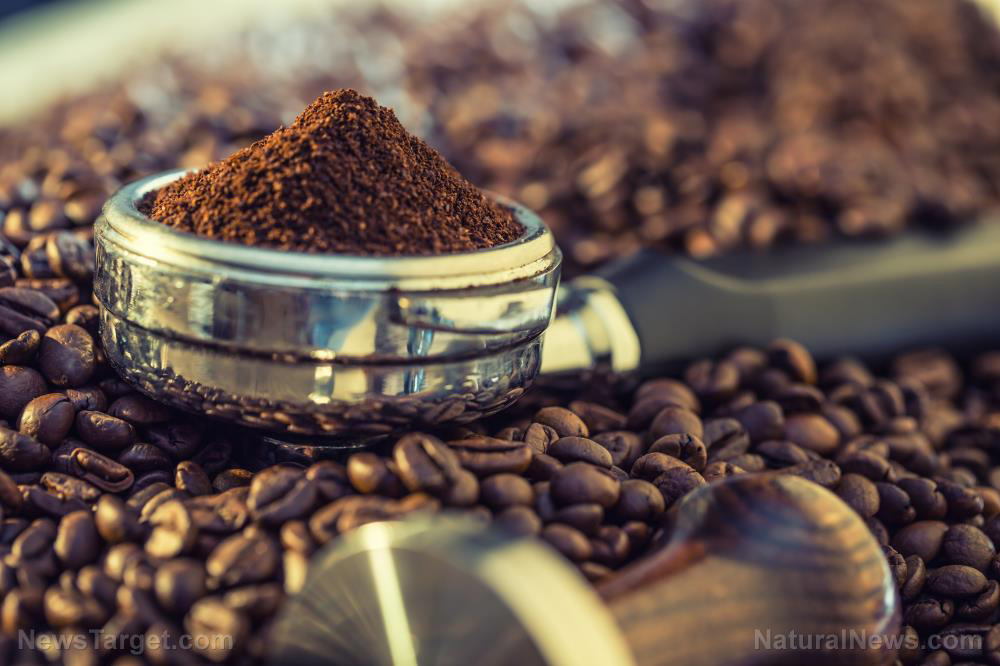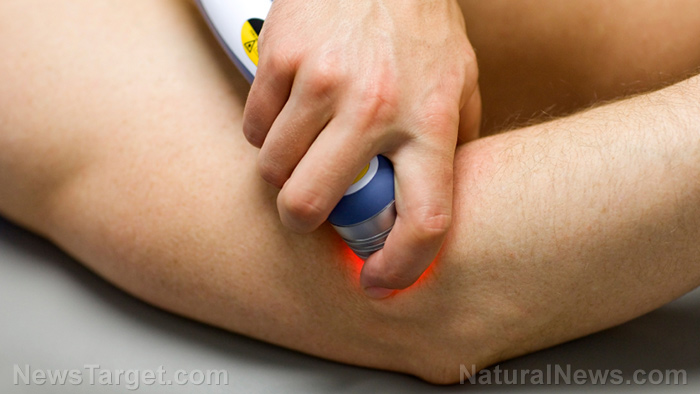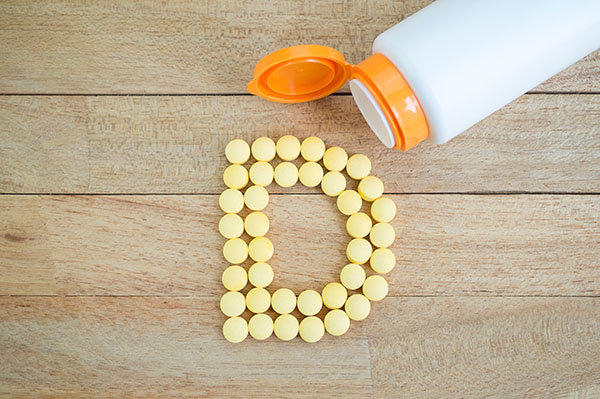Study: Nearly 60% of adults in the U.S. are either “unaware” or “unsure” of link between alcohol and cancer
06/21/2025 / By Ava Grace
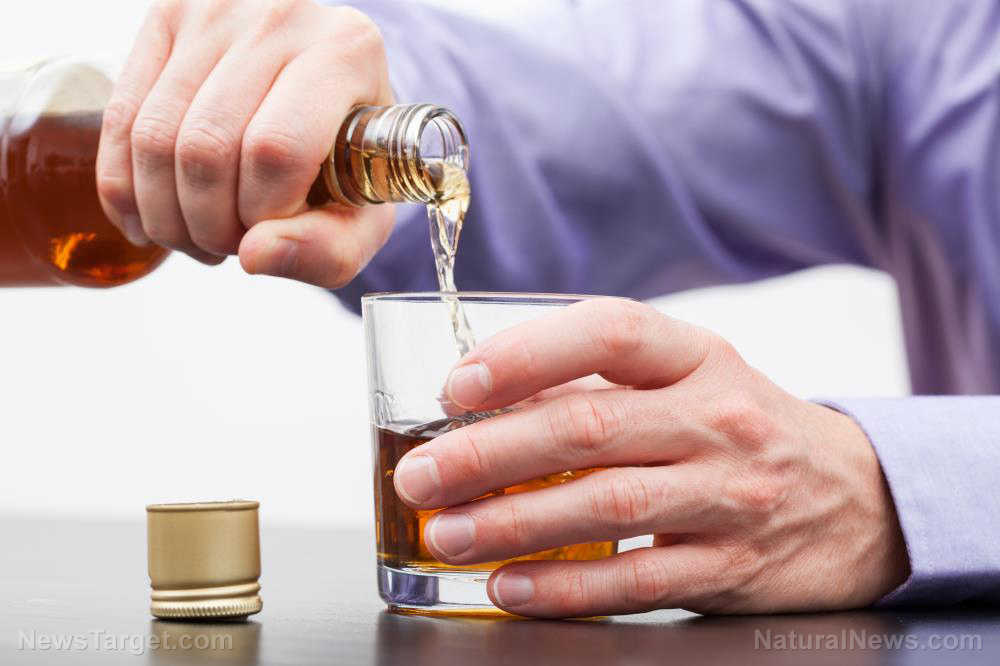
- Almost 60 percent of U.S. adults don’t know or are unsure that alcohol increases cancer risk, contributing to 75,000 annual cancer cases and 20,000 deaths.
- Alcohol metabolizes into acetaldehyde, a DNA-damaging toxin linked to cancers of the colon, breast, liver, throat and more – no amount is entirely safe.
- Awareness is lowest among Black Americans (30 percent), less-educated individuals (35 percent) and those who believe cancer is inevitable (31 percent).
- Alcohol is the third-leading preventable cancer cause, yet labels rarely warn of risks and education campaigns are insufficient.
- While reducing alcohol intake, choosing non-alcoholic mocktails, eating antioxidant-rich foods and regular screenings can lower risk, broader awareness is critical.
A staggering truth is hiding in plain sight – one that could reshape how millions of Americans view their nightly glass of wine or weekend cocktails. Alcohol is responsible for an estimated 75,000 cancer cases and 20,000 deaths annually in the U.S., yet most Americans remain dangerously unaware of the connection.
A new study by the University of Texas MD Anderson Cancer Center, published in JAMA Oncology, reveals that almost 60 percent of adults either don’t know or are unsure that alcohol increases cancer risk. This knowledge gap is not just a public health failure – it’s a crisis with life-or-death consequences.
Despite decades of scientific evidence, only 40 percent of American adults recognize alcohol as a cancer risk factor. Thirty-nine percent have never heard of the link, while another 20 percent are uncertain.
This means millions are making drinking decisions without understanding the dangers lurking in their glass. Researchers warn that this ignorance is fueling preventable cancer diagnoses and deaths, particularly among vulnerable groups. (Related: Drinking alcohol excessively every day can put you at risk of several types of cancer.)
When alcohol is consumed, the body breaks it down into acetaldehyde, a toxic chemical that damages DNA and proteins. This damage can trigger mutations that lead to cancer. Studies analyzing 50 years of data confirm that alcohol is strongly linked to cancers of the colon, lung, breast, prostate, liver, throat and esophagus.
Perhaps most alarming is that no amount of alcohol is entirely safe. Even moderate drinking, long touted as harmless or even beneficial, increases cancer risk. The myth of “healthy” alcohol consumption is crumbling under the weight of scientific evidence.
The study also found that awareness is lowest among Black Americans (30 percent), those with less education (35 percent), and people who believe cancer is unavoidable (31 percent). Meanwhile, individuals who have battled cancer are more likely to know the risks – suggesting that many only learn the truth after it’s too late.
Public awareness campaigns are FAILING
Despite alcohol being the third-leading preventable cause of cancer after tobacco and obesity, public awareness campaigns have failed. Unlike cigarette warnings, alcohol labels rarely mention cancer. The U.S. Surgeon General’s 2025 advisory called for mandatory cancer warnings on alcohol, but the U.S. Congress has yet to act.
Meanwhile, alcohol consumption continues to rise, driven by aggressive marketing and cultural normalization. The economic toll is immense – billions in healthcare costs and thousands of lost lives, all preventable with better education.
Cutting back gradually can make a difference; reducing even one drink per day lowers cancer risk. Choosing alcohol-free alternatives like mocktails eliminates the danger entirely.
Supporting liver health with supplements like milk thistle may help repair alcohol-induced damage. Eating antioxidant-rich foods such as berries, leafy greens and colorful vegetables can combat cellular damage. And for those with a history of drinking, regular screenings are critical for early detection.
The disconnect between science and public awareness is costing lives. If 60 percent of Americans don’t know alcohol causes cancer, then the system has failed them. Doctors, policymakers and the media must do better – starting with honest labeling and aggressive education.
Cancer prevention is possible, but only if people know the risks. The question isn’t whether Americans should drink; it’s whether they deserve the truth before they do. Until then, ignorance will remain the deadliest ingredient in every glass.
Watch Josh Sigurdson of World Alternative Media discussing the skyrocketing cancer cases worldwide.
This video is from the McKenna channel on Brighteon.com.
More related stories:
Drinking less alcohol lowers your risk of cancer, researchers conclude.
New study concludes there is NO safe level of drinking alcohol.
Sources include:
Submit a correction >>
Tagged Under:
Alcohol, alcohol consumption, alcoholic drinks, anticancer, awareness, cancer risk, dangerous, health science, moderate drinking, research
This article may contain statements that reflect the opinion of the author
RECENT NEWS & ARTICLES
COPYRIGHT © 2017 REAL SCIENCE NEWS


